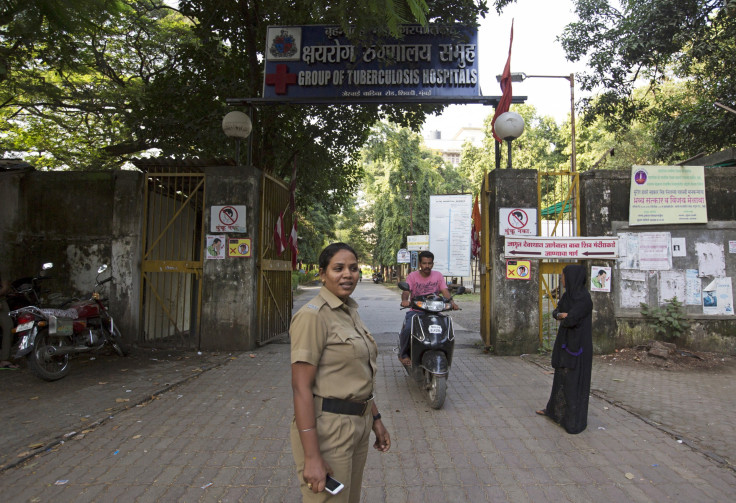Tuberculosis breakthrough: Simple blood test developed by scientists may revolutionise diagnosis and treatment

A new tuberculosis (TB) test has been developed by scientists at the Stanford University School of Medicine that can enable health experts to easily control and treat a disease that kills more than 1.5 million people every year.
The new blood test can not only accurately distinguish patients who have active tuberculosis but also help experts monitor patients. They will be able to see if the patients are getting better or not and how well they are responding to the various tuberculosis treatments.
Hence, the tuberculosis test not only can diagnose the illness but also study the effectiveness of various treatments. During clinical trials, the blood test’s highly accurate negative response would be especially helpful in monitoring the effectiveness of treatments.
The research team led by Dr. Purvesh Khatri, PhD, assistant professor of medicine and senior author of the paper, identified three human genes, the expressions of which change in a consistent pattern. This revealed the presence of an active tuberculosis infection.
The diagnostic power of the test was confirmed after the researchers validated the new three-gene test in a separate set of 1,400 human samples from 11 different data sets. Khatri has already started collecting funding to make the test widely available, monitor recovery in clinical trials and to diagnose tuberculosis in patients.
The gene expression “signature,” identified by the researchers, can also distinguish patients with active tuberculosis from the ones with latent tuberculosis or other similar diseases. The scientific findings have been published online in Lancet Respiratory Medicine on Feb. 19.
The sputum test, commonly used to test for tuberculosis, is almost useless as patients cannot always produce sputum on demand, and the test is also useless in monitoring how someone is responding to treatment.
The new simple blood test is so effective that it can signal a tuberculosis infection even when the patient has HIV. Moreover, it won't give a positive response if someone only has latent tuberculosis or has had a tuberculosis vaccine. The test is not affected by the kind of strain infecting a patient and whether the strain has developed resistance to antibiotics. The new test works in both children and adults.
The Khatri test is 86 percent sensitive in children and in case the test comes up negative, it's right 99 percent of the time. Rural and underdeveloped areas of the world can benefit immensely from this simple and easy-to-carry-out test.





















